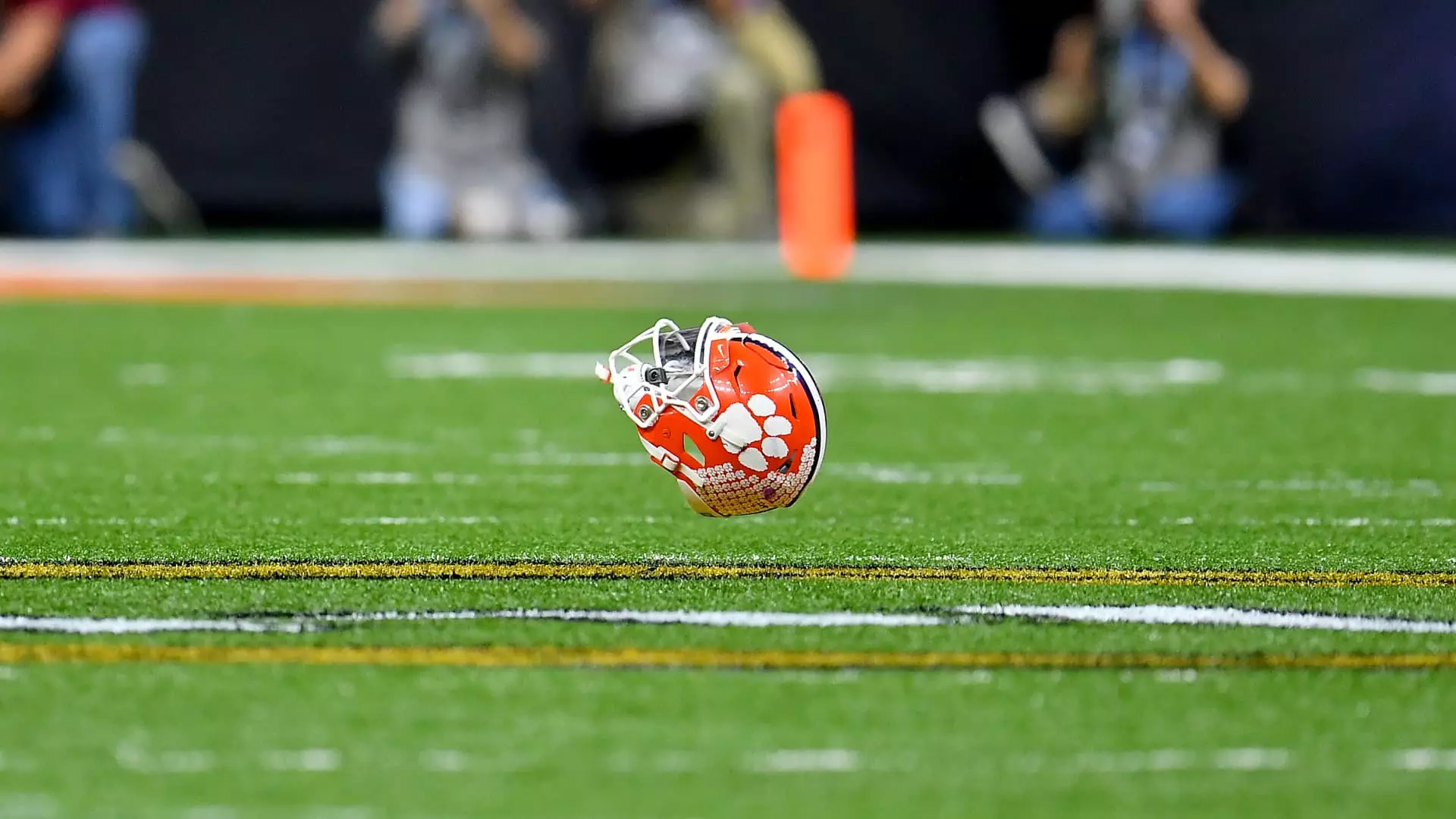DirecTV and Disney: A Return to Programming Amidst Complex Negotiations

The recent agreement between DirecTV and Disney marks a pivotal moment in the evolving landscape of television services, particularly for subscribers who rely on live sports and essential entertainment channels. After a blackout that lasted about two weeks, the return of Disney’s popular channels, including ESPN, is a welcome update for more than 11 million DirecTV customers. The context of this development uncovers the complicated dynamics surrounding traditional pay-TV providers and the ever-growing competition from streaming platforms.
The blackouts affecting DirecTV subscribers began on September 1, 2023, when negotiations between the two companies broke down over licensing fees and package structures. This dispute prevented customers from accessing key broadcasts, including college football games, the U.S. Open, and the launch of the NFL’s “Monday Night Football.” DirecTV’s contractual issues became particularly pressing given the sporting events at stake, with college football’s popularity at an all-time high.
DirecTV’s negotiations for slimmer package options reflect a growing trend among consumers who are increasingly turning toward customized viewing experiences. This adaptable approach is essential in today’s television market, where tailored offerings often align better with customer preferences. However, the blackout demonstrated the financial repercussions such disruptions can prompt, affecting not only subscribers but also businesses, particularly bars and restaurants reliant on comprehensive sports coverage for their clientele.
The negotiations reflected a standoff typical of media disputes, wherein both parties appeared to leverage their respective positions. DirecTV cited the need for competitive pricing and genre-specific bundles, while Disney maintained that DirecTV’s offer undervalued the expansive catalogue of content provided through its networks. This clash of perspectives highlighted larger issues at play; each company was attempting to assert itself within a rapidly shifting media ecosystem.
Interestingly, the resolution was reached just in time for high-demand events, demonstrating the importance of timing in negotiations. This urgency created a unique “first-of-its-kind collaboration,” according to both companies. In addition to re-establishing access to ABC and ESPN, the deal allows DirecTV to incorporate Disney’s streaming services, such as Disney+, Hulu, and ESPN+, within their offering—an essential move as viewers increasingly gravitate toward on-demand platforms.
The return of programming amid this negotiation emphasizes the ongoing evolution of TV consumption. In recent years, the traditional bundle model has faced significant criticism and declining subscriber numbers as more viewers explore alternatives to cable and satellite services. DirecTV’s attempt to rebrand itself as more than just a satellite provider—by highlighting its streaming options—is a response not just to Disney’s content but to the overall transition in media consumption behavior.
The inclusion of future services, such as Disney’s upcoming flagship streaming platform set to launch in late 2025, strengthens DirecTV’s standing. Multiple genre-specific options suggested in the deal promise greater flexibility for consumers, aiming to counteract the traditional pay-TV model’s rigidity and addressing the inherent need for a more diverse and engaging viewing experience.
Lessons Learned from the DirecTV-Disney Disruptions
Both companies emerged from the dispute with critical insights into what a competitive media landscape entails. The blackout had significant ramifications not just for subscribers but also for business owners caught in the crossfire. DirecTV’s Chief Marketing Officer noted that the subscriber losses during the blackout were “not immaterial.” Their decision to offer a $30 credit highlighted the challenges companies face when key services go offline.
Moreover, the media landscape’s trend toward antitrust scrutiny underscores the fragility of large-scale partnerships. With ongoing cases like the one involving Venu, the collaborative streaming endeavor facing regulatory challenge, both DirecTV and Disney remain consciously aware of the precarious supply chain of content and the regulatory environment in which they operate.
The recently re-established agreement between DirecTV and Disney serves as a critical reminder of the challenges and opportunities that arise in the face of evolving consumer preferences. The renewed access to programming signifies not only a victory for subscribers but also a strategic pivot by both companies as they navigate the intricate demands of modern media consumption. The reconciliation points toward a future where flexibility and consumer choice may become the core tenets of success in the competitive landscape of entertainment.





